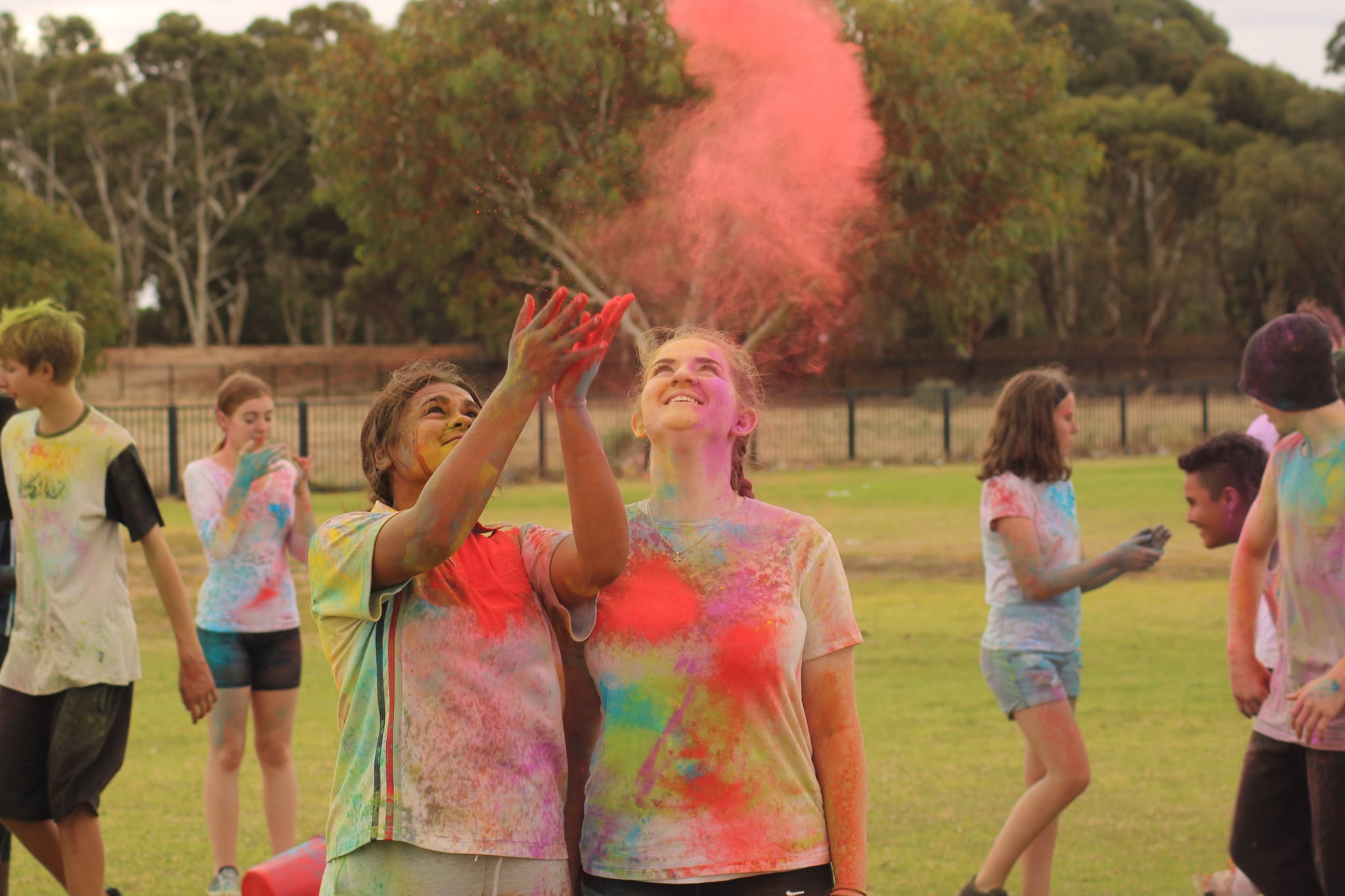
According to a study from the Australian Human Rights Commission (AHRC), 60% of people believe that racism is a significant problem in Australia, despite the nation being one of the most culturally diverse in the world.
Separate research conducted for the Federal Government's 2022 Mapping Social Cohesion Report, found 16.1% of people born overseas reported discrimination compared with 11.9% of those born in Australia.
As places that help young people form their attitudes and beliefs about others, schools can play a powerful role in helping to break down the same psychological barriers that perpetuate racism and discrimination.
One organisation giving educators and students the tools to do this is Together For Humanity (TFH), an inclusive educational organisation focused on fostering intercultural understanding within school communities. TFH has worked with school communities for over 20 years, educating against prejudice and advancing belonging and inclusion, reaching more than half a million young Australians through its programs.
TFH is now inviting schools to submit their expressions of interest for its Intercultural Understanding Partnership Grants by 31 July 2024 to be considered in the current round of funding for 2024-2025 grants.
The grants, funded by the Australian Government Department of Education, assist Australian schools with combating prejudice, injustice and inequity in their communities. All schools across regional and metropolitan Australia are eligible to apply including early learning, pre-schools/kindergartens, Primary, Secondary, K-12 and Central.
Schools who are successful in their application will receive up to $10,000 to address a cross-cultural and/or interfaith challenge; consultation time with TFH’s intercultural experts; and assistance to develop, implement and monitor an Intercultural Understanding Partnership Action Plan.
Together For Humanity Dean and Founder Rabbi Zalman Kastel AM said the impetus for this initiative was observing teachers at a Western Sydney high school.
"They wanted to advance their students' connections beyond their ethnic bubbles, but didn’t have a minute to think about how to do it," Kastel told The Educator.
"These Intercultural Understanding Partnership Grants funds can be used for teacher release, freeing up some thinking time to develop integrated approaches, and for other expenses to address challenges."
Kastel said the impact of the program has been transformative, with schools reporting increased empathy and understanding among students from diverse backgrounds.
"It is great to see how each participating school develops something that is uniquely theirs, but is supported by a partner [Together For Humanity], to develop a solution for better connections with people from different backgrounds, and improved student belonging and wellbeing."
Schools are encouraged to email Together For Humanity at [email protected] to stay informed about future rounds of funding if they are unable to make the 31 July deadline.


